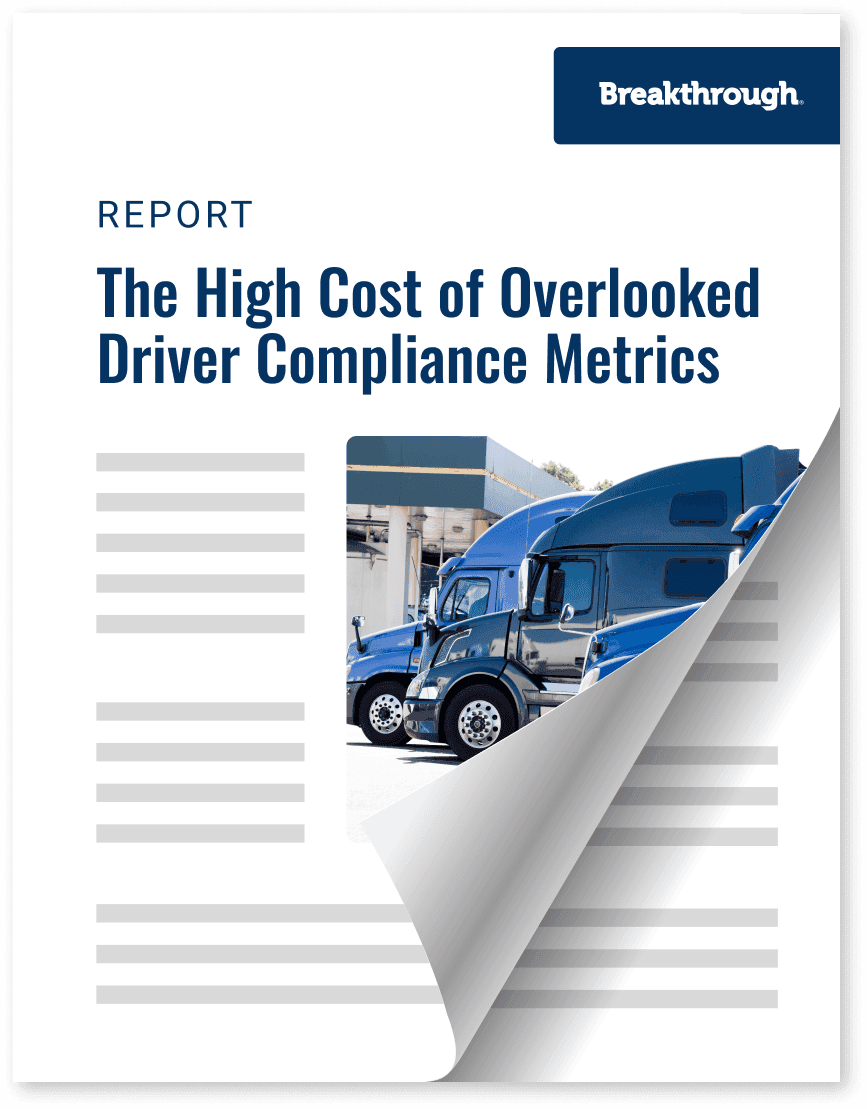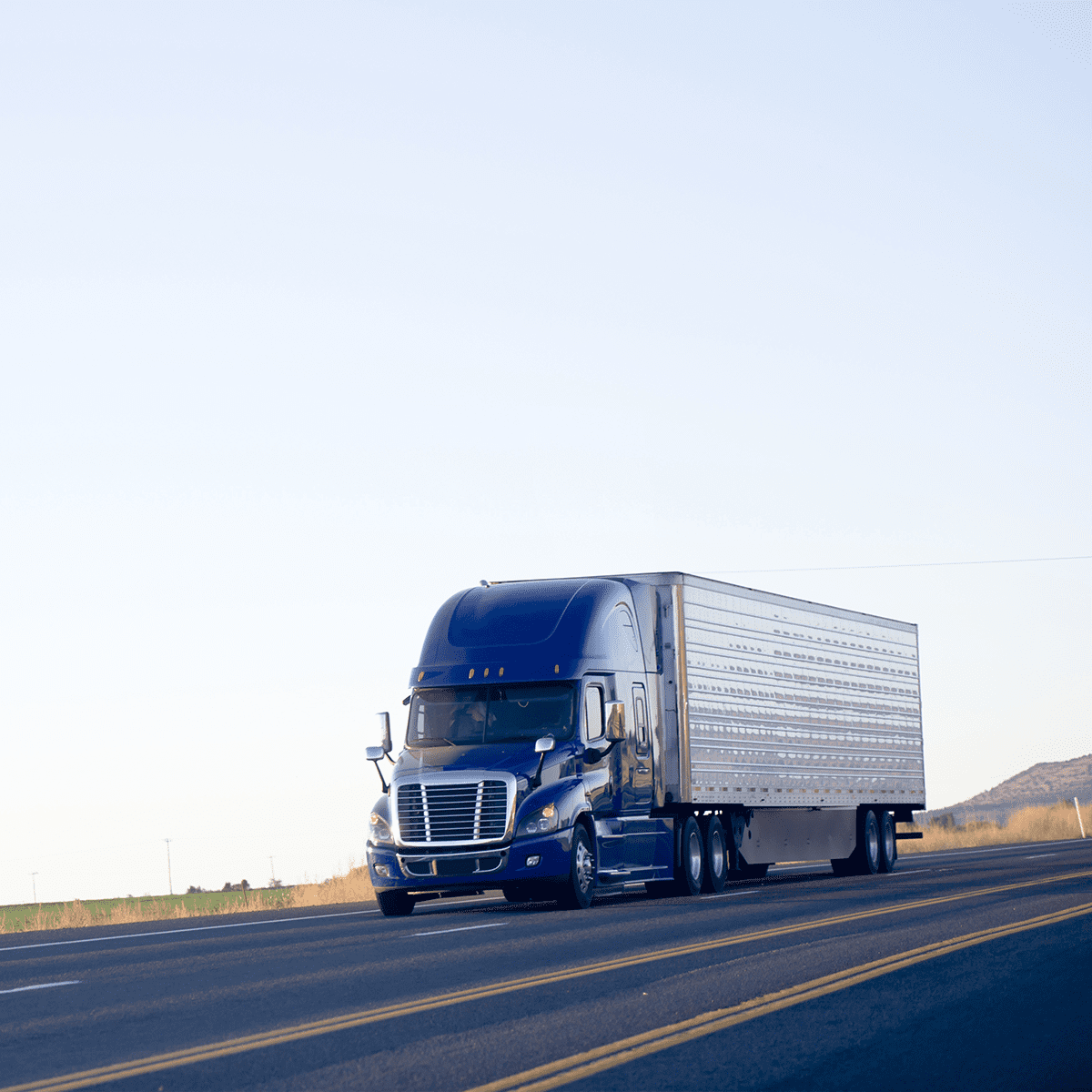The High Cost of Overlooked Driver Compliance Metrics

Trending
Top Posts
3 min read
April 26, 2018

Share:
Table of contents
Browse the table of contents to jump straight to the part you’re looking for
Biodiesel is a renewable fuel produced from vegetable oils, animal fats, or used cooking oils. Biodiesel has several benefits including a lower carbon intensity and greenhouse gas emissions than conventional diesel. When blended and used in combustion engines, it acts as a lubricant reducing the wear and tear on the engine. In its purest form, biodiesel is commonly referred to as “B100.” It is rarely seen in commercial use in this pure form, and in most cases, is blended with conventional diesel produced by fossil fuels. Blending amounts are denoted by a “B” and the following percentage blended as a whole number. Because of the current state of engine technology, pure biodiesel is seldom used as unblended transportation fuel. Any form of biodiesel above B20 typically requires engine modifications that make it a costly transition for fleet owners.
In the interest of transparency for consumers, reporting blending levels over 5 percent biodiesel is a federal requirement. Any blends below B5 do not require reporting as it performs similar to conventional diesel. Specific blending requirements are not mandated at the federal level (except in Canada, where a B2 blend exists across the country), but do exist at the state level, varying from geography to geography. Oregon, for example, requires B5 blends in all commercial vehicles, while Washington and Pennsylvania require B2. Minnesota has long been an advocate for higher blending levels, and switches their requirement with the change of the seasons. Winter months (October to March) blends no higher than B5, as the fuel’s composition makes it more likely to gel in cold weather, but in summer months (April to September) the state has required that B10 be sold.
Minnesota’s Biodiesel mandate was first implemented in 2005 when they required 2 percent of biodiesel to be blended into all conventional diesel. Part of the mandate was to incrementally increase the required biodiesel blends pending adequate supply in the state. The requirement increased to 5% in 2009 and to 10% in 2012.
On May 1, 2018, the mandate will increase blending requirements of B20 for summer months. Minnesota is the first state to mandate blending 20% biodiesel.
While the change is significant in terms of biodiesel adoption, it should have only a minor impact on fuel management and efficiency on the commercial side. Some researchers say that there will be 1% to 2% less energy per gallon than conventional diesel, but most consumers report no substantial difference in fuel efficiency performance. For this reason, diesel fuel efficiencies should remain largely the same as performance is not impacted, though prices for fuel may rise as the biofuel is blended in at the higher rate.
The new B20 blend does, however, provide greenhouse gas (GHG) emissions benefits for engines equipped with selective catalytic reduction systems (SCR). GHG tailpipe emissions for biodiesel are equivalent to that of conventional diesel, however biodiesel offers better lifecycle GHG emissions. Because biodiesel is made from organic matter, the benefit stems from its improved carbon balance—carbon dioxide (CO2) released from combustion is partially offset by the carbon dioxide absorbed by growing feedstocks used to produce the fuel.
For more information about Breakthrough services that create comprehensive fuel management strategies, contact us!

6 min read
January 13, 2026
Explore the key drivers of the diesel market, from freight demand to refinery cycles, and learn how to manage price volatility with data-driven strategies.
Read more
9 min read
January 12, 2026
Discover modern fuel management solutions that provide transparency and cost control. Learn how to optimize reimbursements and reduce emissions in your network.
Read more
5 min read
January 7, 2026
Learn how to negotiate better fleet fuel discounts with proven strategies from industry-leading leaders. Optimize your fuel card program and leverage market insights to reduce costs.
Read more